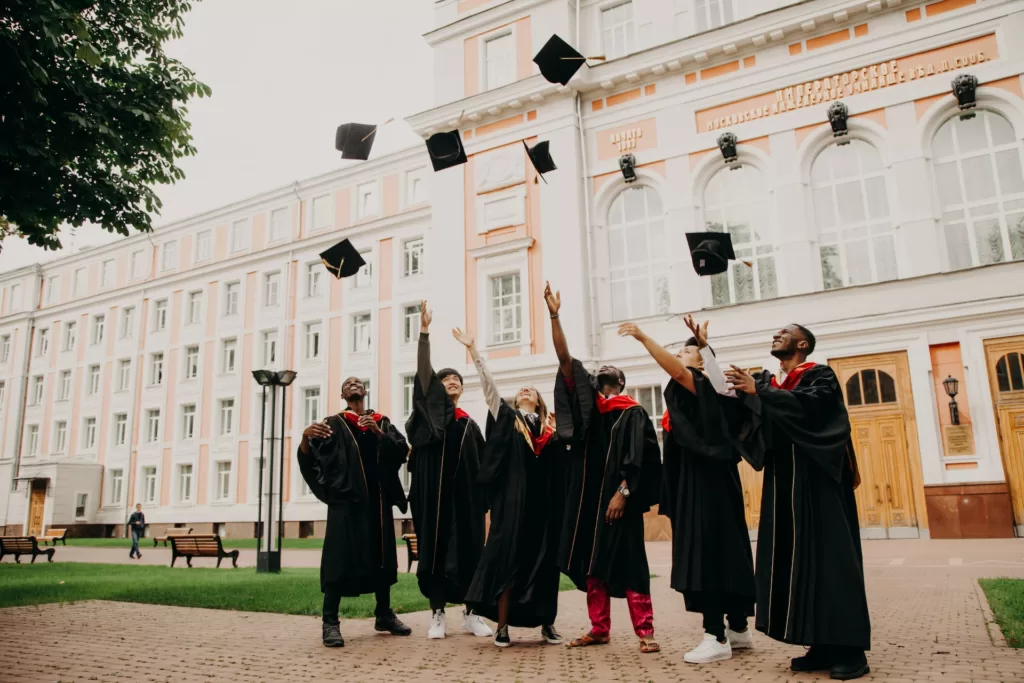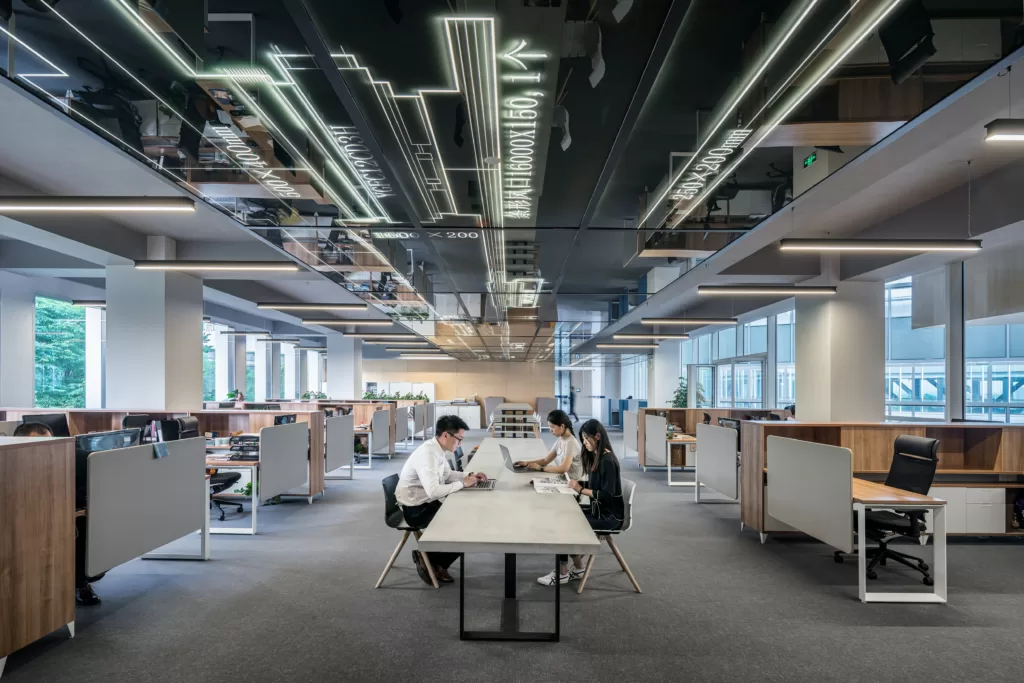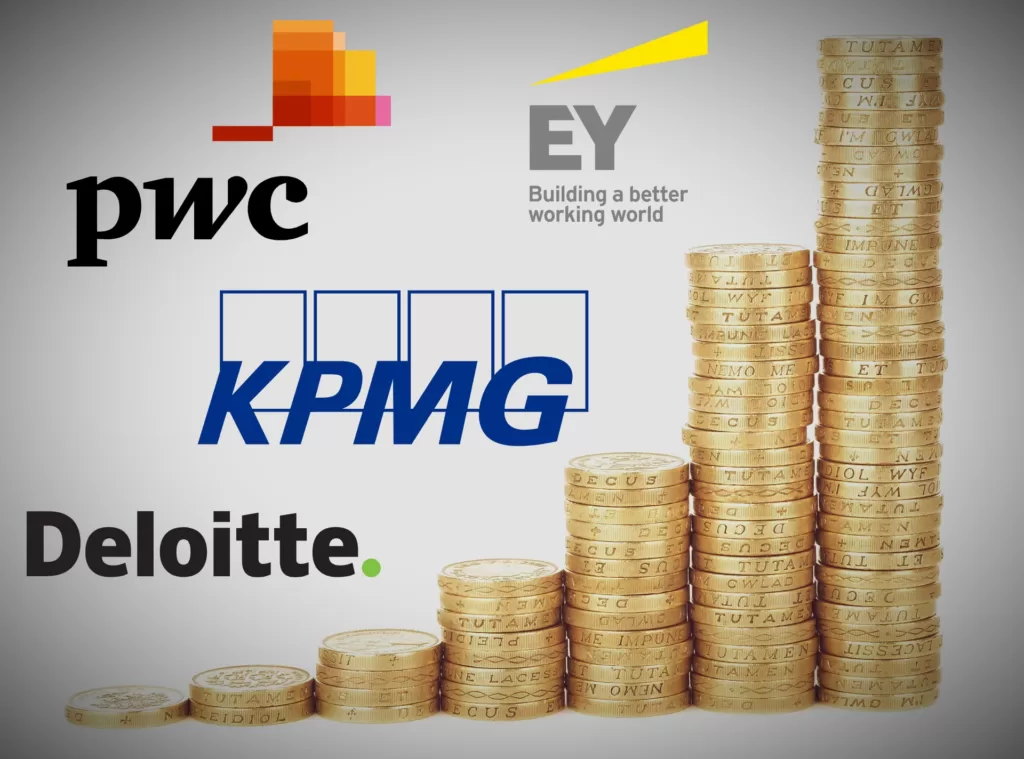There is no question that we need a more active, creative and capable public service. To do that education and research in the area needs urgent attention.
 Universities have a crucial role to play in reducing the public service’s reliance on private consultants. : Rut Mit via Unsplash (https://unsplash.com/photos/hpRGrfOIybc) Unsplash Licence
Universities have a crucial role to play in reducing the public service’s reliance on private consultants. : Rut Mit via Unsplash (https://unsplash.com/photos/hpRGrfOIybc) Unsplash Licence
There is no question that we need a more active, creative and capable public service. To do that education and research in the area needs urgent attention.
The sheer scale of the use of consultants and external contractors in Australia’s levels of government is staggering.
According to the Centre for Public Integrity, the use of ‘management advisory services’ by Australia’s commonwealth government is up by 1,276 percent over the past decade.
The overuse of these external contractors has been headline news in Australia for months. The breaches of confidentiality and conflicts of interest that have been exposed have rightly been the subject of public outcry.
There is a feeling, too, that these advisors are used to rubber stamp or legitimise policies public servants are no longer capable of developing themselves, either because they lack the capacity to do so, or are afraid to.
While it’s reasonable for the government to call on external experts for help dealing with the myriad complex issues facing the country, there are downsides, as the PwC scandal has shown.
Consultants have little incentive to offer genuinely impartial and frank advice, given the commercial incentive to maintain their client relationships. As a result, we get bad policymaking, the hollowing out of state capacity and the public good loses out.
Whether or not the consultancy industry is mainly to blame for this hollowing out, there is no question that we need now, more than ever, a more active, creative, and capable public service, given the scale and urgency of the challenges Australia and the world face.
It’s no wonder that people are increasingly exasperated by government inertia and partisan bickering while — quite literally— the world burns.
One way to address this is to think more boldly about the way we harness expertise across the public and private sector to address the challenges we face.
If we could close the gap between the groundbreaking discovery research carried out in universities and institutes, and the ability of policymakers and industry to use those insights to address our collective challenges, perhaps we’d be better off as a nation.
Right now, one in four people working for the public service are employed externally rather than directly by government through a combination of consultants, contractors, labour hire and outsourced service providers.
This amounted to over AUD$600 million in 2021-22 of taxpayers money in contracts with the ‘big four’ consultancies (Ernst & Young, PwC, Deloitte and KPMG) with a further AUD$1 billion for future work.
Prime Minister Anthony Albanese’s Labor government is moving to reduce this expenditure and the reliance on external firms.
But the current debate gives us a chance to ask some deeper questions about what else might be happening. Why have governments (and other public institutions, including universities) come to rely on consultants so heavily?
The more cynical explanation is that the big consultancy firms will often recruit former senior civil servants to work for them. They bring their networks and inside knowledge to the business and build trust with their government clients, who are often former colleagues.
Senior civil servants like outside firms because they provide independence from government and thus greater flexibility regarding the advice they provide. The recent Royal Commission into Robodebt shed light on the dark side of this process.
Advice that is politically uncomfortable can be quietly buried and projects wound up in ways that would be more difficult if they were being carried out within the public service itself.
However, we shouldn’t allow cynicism to overwhelm our analysis.
For one thing, there is no question that specialised expertise is sometimes required from outside of government to address highly complex issues. It’s not surprising that governments have turned to consultants for help in relation to Defence and IT for example, given the limited scope of expertise within the public service in these areas.
It’s also understandable that for some time-critical projects extra help is required to deliver them on time.
Much of the criticism of governments’ overreliance on consultants has focused on the cost, blatant breaches of confidentiality and conflicts of interest.
It reinforces a general sense that managerial elites can take advantage of their position to pay themselves first, usually at the taxpayer’s expense.
But an overreliance on commercial firms to provide expertise also undermines the public service precisely when governments face increasing demands from the public to address deep societal and global challenges.
This is by far the biggest issue emerging from the debate about the role of consultancy firms that we should be focusing on.
Banning consultants or external contractors in government isn’t practical or desirable since there are times where they are genuinely needed. Tougher guidelines about managing conflicts of interest, and more investment in boosting the capabilities of the public service (starting with the funds that were being spent on consultants) is critical.
However, we also have an opportunity to think more deeply about how we can draw on expertise from across society to improve public debate and decision-making given the scale and urgency of the challenges we face.
Mariana Mazzacuto and Rosie Collington’s book captures one important aspect of this conundrum. Their argument is nicely summarized in the title: The Big Con: How the Consulting Industry Weakens our Businesses, Infantilizes our Governments and Warps our Economies.
The gist is that state capacity for responding to the problems our societies face today has been weakened since the neoliberal reforms of the 1980s and 1990s, introduced and sustained by all sides of politics, that limited government to focusing mainly on market failures.
The role of government has thus become essentially reactive — to ‘enabling’, ‘fixing’, ‘de-risking’ and ‘re-distributing’, as opposed to intervening and investing directly to create new solutions. The view has been that real value is created by business and entrepreneurs, not governments.
But this approach has turned out to be doubly mistaken.
First, governments can and do invest directly to help create value. Mazzacuto’s example from her previous book The Entreprenurial State, on how government-backed research helped build the iPhone is a killer example of this, as is the role that publicly funded mRNA research played in the development of vaccines for COVID.
However, it’s also problematic because business doesn’t invest in basic research, and moreover, at least in Australia, is failing to invest adequately in research and development more generally.
Mazzacuto and Collington’s claim is that the ‘infantilisation’ of governments has been aided and abetted by the way consultants are used.
Governments and businesses use PwC, McKinsey and the like to provide expertise and validate policies.
To make it worse, because the big consultancies’ largest clients are on both sides of the table, so to speak, they have little incentive to offer genuinely impartial and frank advice.
The country loses out as a result.
To turn this around re-investing in our public service is crucial. But we also need to think more boldly about the way we harness the expertise in innovation, science, the social sciences, and the humanities across the public and private sector to address the challenges we face.
The key is how.
First, we could re-energise and re-invest in our research and development sector. Just about every study over the last decade in Australia and overseas has shown that investing in research delivers one of the best returns on investment governments can make.
However, in Australia, investment in research and development in both the public and private sector in Australia is declining.
Business expenditure on R&D has declined from 1.37 percent to .92 percent of GDP between 2008 and 2019 (well below the OECD average of 1.92 percent). Government expenditure has declined too, from .33 percent to .17 percent of GDP between 2000 and 2020.
Meanwhile, universities have been picking up the slack, raising their investment in research from .40 percent of GDP in 2000 to .61 percent in 2020 (taking their share of the nation’s total spend on R&D to 37 percent in 2020). Overall, we are spending 1.8 percent of our GDP on R&D, well below many of our competitors and the OECD average of 2.7 percent.
Universities also do almost all the basic research conducted in Australia, but which in turn is declining as a proportion of all research done — a worrying development at a time when we need new ideas to address our biggest policy challenges.
Fortunately, we have the opportunity through the government’s Australian Universities Accord process, to tackle some of these issues head-on. It’s an opportunity we can’t waste.
But even if we can get the funding right, there is still more to do.
We need new bridges and pathways between government and the research and development sector to help rebuild state policymaking capacity in areas such as climate, health and technology, among others.
This means forging new kinds of partnerships between governments, universities, research institutes, community organizations and industry. It also means a change in Australia’s research culture.
What this looks like is to continue to create policy incentives for universities to think creatively about the impact of their research.
We can do this by encouraging pathways for the commercialisation of research, to get it out into the world more quickly, as well as community-engaged and community-led research, to ensure we are not only aligning more of our research with community needs, but also learning from a close engagement with the users of our research on the ground.
We also need universities to reward and value this work within their internal incentive structures — including how staff are assessed, remunerated, and promoted.
Finally, we should be encouraging greater mobility between academia and the public service. If the movement between the upper echelons of the civil service and consultancy firms is currently something of a vicious circle at the moment, then we need to create more virtuous circles between public good-oriented institutions like universities and research institutes and the public service (as well as with industry).
Australia is poor at doing this (with some notable exceptions) compared to other countries like the United States.
But we also need new kinds of institutions. A greater diversity of universities and colleges with distinct missions and areas of focus, rather than everyone being incentivised to look the same, would help.
Australia could use its own version of the London School of Economics and Political Science , for example, or a Caltech, or something like the Institute of Fiscal Studies, to help train future policymakers and inform complex policy debates. Again, the Universities Accord process offers us an opportunity to explore these possibilities.
We also need more bridging initiatives. For example, in the state of New South Wales, the University of Sydney, the University of Technology Sydney, and Western Sydney University, joined forces with the state government to create a new public policy initiative which the author helped lead.
This was inspired, in part, by the government’s desire to tap into the expertise held in NSW universities that could help them address their most difficult policy challenges.
Hence the James Martin Institute for Public Policy was born. It has a mandate to work closely with the public service in co-designing and collaborating on policy-related research, and orienting its work around the priorities the public service and government are grappling with. It also has a mandate to help researchers develop the skills required to produce policy relevant research. It’s got off to a great start.
Of course, there are other similar initiatives elsewhere in Australia — including the work done by the Crawford School of Public Policy at the ANU, the Melbourne School of Government, the Sydney Policy Lab, as well as private think tanks such as the Grattan Institute, the Centre for Public Integrity, the Australia Institute, and Blueprint Institute.
We need more of these, and greater interaction between them and governments at the state and commonwealth level, to lift our capacity to develop public policy suitable for the complex times we live in.
Focusing on the harm that an overreliance on consultants can cause isn’t enough. We need to rethink and reinvest in the intellectual infrastructure of our country to help our governments and policymakers make better decisions in all of our interests.
Professor Duncan Ivison is Professor of Political Philosophy in the Department of Philosophy, and was most recently Deputy Vice Chancellor (Research) from 2015-2022 at the University of Sydney.
Originally published under Creative Commons by 360info™.
Editors Note: In the story “The consultancy conundrum” sent at: 15/08/2023 06:00.
This is a corrected repeat.














